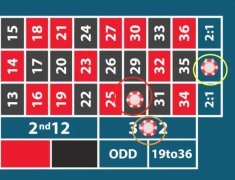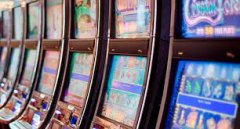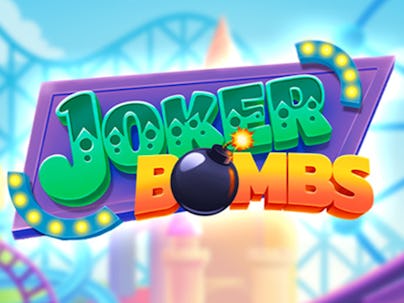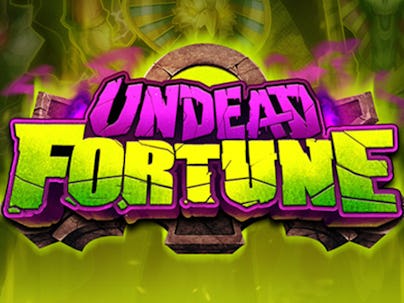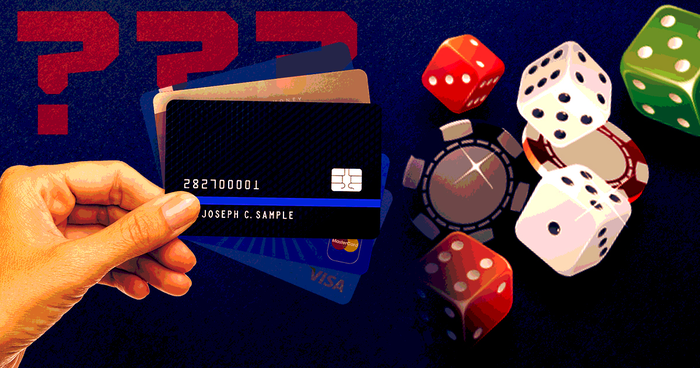|
The way most people bet on dealer players is "see the dealer and buy the dealer, see the player and buy the player". We use this as the basic betting method, and then adjust the strategy according to the situation.
In a casino, we start with each new table. There are eight decks of poker cards for each shoe card, and there are about sixty decks of cards. After deducting the tie, there are actually only more than fifty tiles. If we are to have the greatest chance of winning, we must start with a fresh hand!
When the game starts, we first look at the first shop, and then start betting from the second shop. That is to say: when a banker or a player is opened in the first shop of the game, we can follow and buy bets.
Our formula is: take the result of the first spread as the main betting target. For example, the first store opened a banker, we will focus on the banker, and shop to buy the banker. Until there is only one dealer, I will transfer the bid to the player.
Formula 1: Whenever the total loses twice in a row, stop betting for one shop;
Formula 2: We must start betting from the second deck of the new table. After each table wins 3 bets (sometimes more), immediately stop and play another new table. This method is called "cutting Heqing";
Formula 3: Whenever there is a situation of "two losses, one win, two losses-+-" or "four consecutive losses--", it is necessary to immediately adopt the "bookmaker method" (anti-buy). Use all the formulas in reverse until the original formula wins three times in a row, then change from reverse buying to positive buying;
This is the brilliance of the mixed use of formulas and "making a banker"!
E.g:
Banker, banker, banker, banker (the first store has launched a banker, so the strategy to be used is to temporarily focus on the banker, and shop to buy the banker)
player
dealer dealer dealer
player player
Banker (single dealer)
Players players
dealer
Player Player (A total of four players are issued, and one is issued by the banker. It is beneficial to buy the player, which proves that the prediction is correct)
Formula 4: When the opponent has opened three times in a row, you need to raise and buy the opponent until the end, and then start again.
E.g:
Players Players Players (Because the first shop is for players, so start from the second shop, we aim at players and shop for players)
Banker Banker Banker [Banker Banker Banker Banker Banker] (the opponent opened 3 dealers in a row, so change the strategy, use 2 bases to "raise" to buy the dealer until the end)
player player player
When formula 5 uses the prediction method, if both the banker and the player open only one, the first-time opener is the main target.
E.g:
Dealer Dealer (at the beginning of the game, the dealer is the first to spread out, so the dealer is used as an indicator, and the shop buys the dealer)
Players (the first time to open an order, there is no need to consider whether the previous player has opened a company)
Banker (here only counts as the second billing)
Players Players (since the "first order" is the priority, so, starting from the second shop, the target is to buy players)
Formula 6 When both dealers and players are in a row, and the two parties add up to a total of four consecutive times (four times in a row), we will adopt the strategy of seeing what and buying what. The betting code is: start with a flat bet, raise and buy two after losing one, and stop after losing two times. Note that when using this formula, except for reverse buying, all other formulas and rules must obey this example.
E.g:
Banker Banker Banker (First Company)
Player Player Player (Second Company)
Banker Banker (Third Company)
Player Player [Player (the fourth chain, plus the above three chains, a total of four consecutive openings, so we have to start from the third shop, flat bet see what and buy what)
dealer dealer
Player Player Player Player Player
Banker Banker Banker Banker Banker Banker Banker Banker (for the same reason, see what you buy, because all formulas and rules must obey this example)
player
The dealer (here has lost twice in a row, "If the dealer buys the player, you will lose one shop, and if you see the player buy the dealer, you will lose another shop")
Players (this shop stops buying)
Formula 7 is followed by buying four times at intervals, but in this case, reverse buying is not allowed. (Note: If you encounter this situation when counter-buying, you must also obey this example. After following the purchase, take the latest following purchase as the main target)
E.g:
player player player
dealer dealer
player (single)
dealer dealer
Player Player Player Player (黐)
dealer dealer
Players (single, counted together with the above 黐, dan, and 黐, a total of four intervals, so the next player must start to buy intervals, and the first bet is a flat bet)
dealer
Player [player player (after forming, start from the second shop, follow Mai Ling)
Dealer Dealer (only separate from the player who buys, the banker has nothing to do with it, no need to buy)
Players (here is the same as buying at intervals, so when you see a player and then buy "you want to buy the dealer")
dealer
Player Player
Notice:
1. Whether it is winning or losing, whenever the raise is successful, immediately withdraw and bet with a flat bet.
2. When using the formula in reverse, or when changing the target, if you lose for the first time, you should stop and observe immediately, only make records, and do not bet. You can continue to bet only when you have won a bet in the record.
anti-buy
Under any circumstances, when it is necessary to reverse the purchase, it will be reversed, but the positive purchase is still the main one (except for intervals).
When reverse buying, the original (positive buying) should be raised when it should be raised, and when it is supposed to stop, it should be stopped.
Stop after losing twice in a row. When the original formula (positive buy) wins three times in a row, the formula will be reversed to positive buy again. Then come back to use.
For the first time (shop) of anti-buy, use flat bets. If you lose at the first (shop), stop immediately, and observe at least two more times, that is, stop at least three times in total. Although you don’t bet at this time, you should make a record, assuming that you are still betting, and don’t make a formal bet until you see a win (if you still don’t see a win, delay betting, don’t be impatient).
E.g:
Maker (the first to roll out the dealer, the main target is to buy the dealer)
Player Player (player, stop) Player (the opponent opens three, so the fourth shop raises and buys)
dealer
Player (appears –+–, reverse betting, add if you should add, stop if you should stop.)
dealer
Player Player (here the original style loses 1,2, but the trans style wins 1+2=3)
The dealer (because the original formula lost the second shop, so this shop has to stop)
player
dealer
Please keep the above in mind.
Remember: each table wins three bets and immediately closes the hand and plays another new table.
Adopting the "bookmaker method" and applying the formula in reverse is equivalent to turning the game that should be lost into a winning result. In this way, our chances of winning money will be greatly improved. Long-term use of this method can be invincible!
This is the wonderful thing about mixing the formula with the "bookmaker method", and the bets used are not large, so that people will not be stimulated by losing a lot of money, let alone lose all their capital in one go-this is It is impossible!
This betting method is the safest, and it is impossible to lose all your capital, unless you get nervous and buy all your capital at once. If you do this, I can only wish you good luck.
When we gamble, we don't want to bet for a shop or for a while, what we want to bet for is: a lifetime! If you want to gamble your whole life's money and win your whole life's money, you must not gamble!
If you gamble, you don't need to use formulas at all. With your eyes closed, blind people can gamble. Once the cards are laid, you either win or lose! Therefore, we must remember: don't gamble, don't be greedy, and don't be greedy for quickness! Now that we have grasped the greatest advantage, we can win slowly, accumulate little and make more, and develop the habit of saving without much
|
Hot Keywords:




